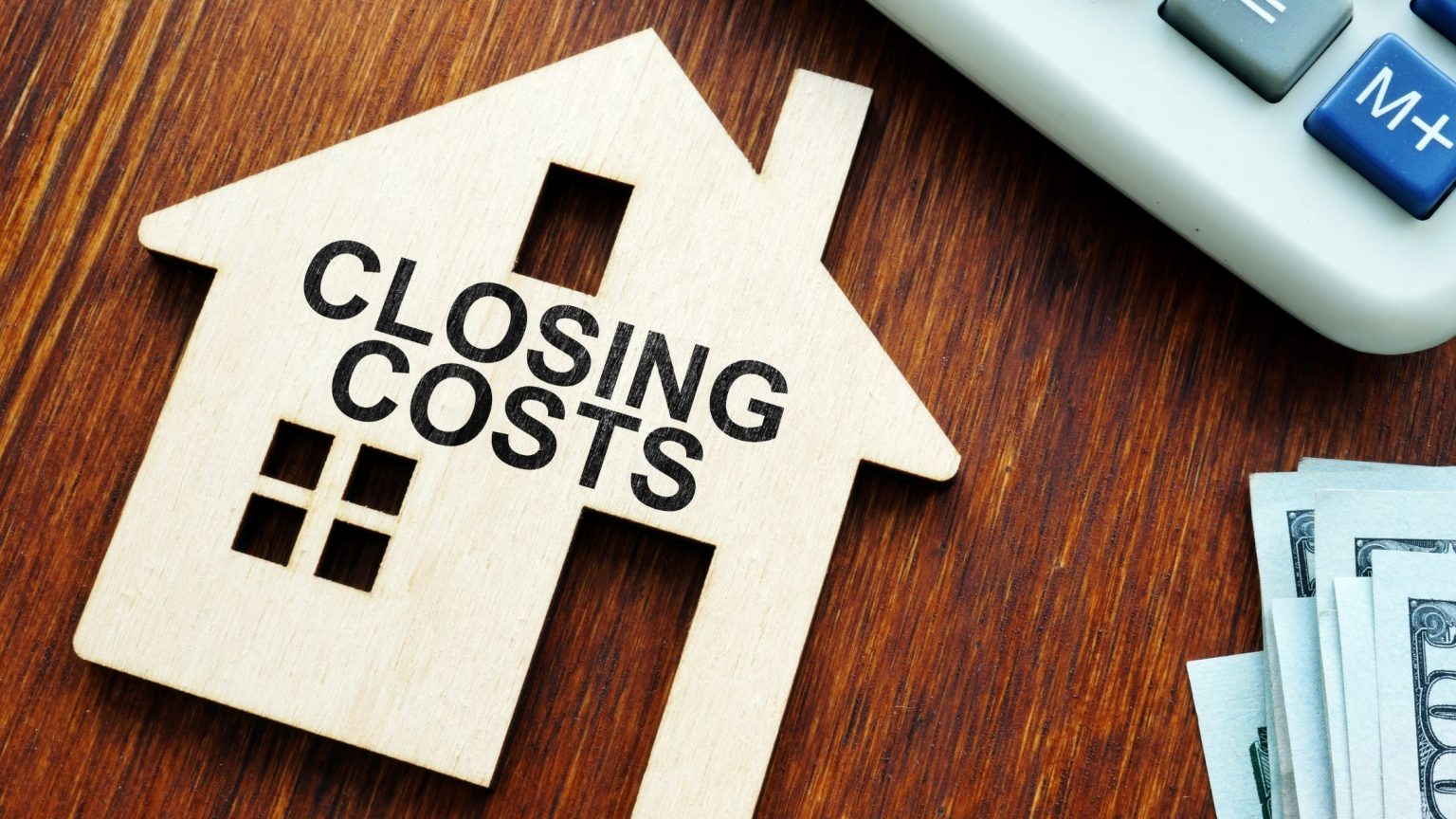Buying a home involves more than just getting pre-approved for a mortgage loan and making a down payment. Closing costs are a significant expense that many homebuyers overlook, but understanding them can help you avoid financial surprises.
This guide breaks down what closing costs are, how much to expect, and common fees you’ll encounter when finalizing your home purchase.
What Are Closing Costs?
Closing fees are paid at the end of a real estate transaction. They cover the services required to finalize your mortgage and typically range from 2% to 6% of the loan amount.
For example:
| Loan Amount | Estimated Closing Costs (2% – 6%) |
| $250,000 | $5,000 – $15,000 |
| $400,000 | $8,000 – $24,000 |
| $600,000 | $12,000 – $36,000 |
These costs vary based on factors like lender fees, state regulations, and loan type. Your lender will provide a Closing Disclosure before closing, detailing the exact amount you’ll owe.
Common Closing Costs
Your lender will provide a Closing Disclosure before closing, outlining all costs and the exact amounts due. Here are some of the most common fees:
Loan & Lender Fees
- Application Fee – Charged by some lenders to process your mortgage application.
- Loan Origination Fee – Covers the lender’s cost to process and underwrite your loan.
- Discount Points – Optional fees paid upfront to lower your mortgage interest rate.
- Underwriting Fee – Covers the cost of evaluating your creditworthiness.
Property & Legal Costs
Some closing fees ensure legal and property ownership accuracy:
| Fee | Purpose | Cost Estimate |
| Appraisal Fee | Determines home’s market value | $300 – $600 |
| Title Search | Verifies ownership history | $200 – $400 |
| Title Insurance | Protects against title disputes | $500 – $1,500 |
| Attorney Fee | Covers legal review of contracts (required in some states) | $500 – $1,500 |
Prepaid Expenses & Taxes
Many lenders require upfront payments for insurance and taxes:
| Fee | Purpose | Cost Estimate |
| Homeowners Insurance | Required to protect your home | $800 – $2,500 (annual premium) |
| Property Taxes | May require up to a year’s worth upfront | Varies by location |
| Private Mortgage Insurance (PMI) | Applies if down payment is under 20% | 0.5% – 1.5% of loan per year |
| Flood Certification | Determines if flood insurance is needed | $15 – $50 |
How to Reduce Closing Costs
Although closing fees are unavoidable, there are ways to lower them:
- Compare Lenders – Some lenders charge lower fees than others. Get multiple loan estimates.
- Negotiate Fees – Some expenses, like origination fees, may be negotiable.
- Ask the Seller for Contributions – In some cases, sellers may agree to cover part of the closing costs.
- Look for Lender Credits – Some lenders offer no-closing-cost mortgages in exchange for a slightly higher interest rate.
Bottom Line
Understanding closing costs helps you plan ahead and avoid last-minute surprises. Before you start house hunting, get pre-approved with multiple lenders to compare rates and estimated closing costs.
Want the best mortgage deal? Get a free rate quote or apply online today to get pre-approved in just 24 hours.
Use our free mortgage and amortization calculators to estimate your monthly payments, including mortgage insurance, taxes, and interest.
No SSN required. Zero impact to credit. Your Information is never sold.



